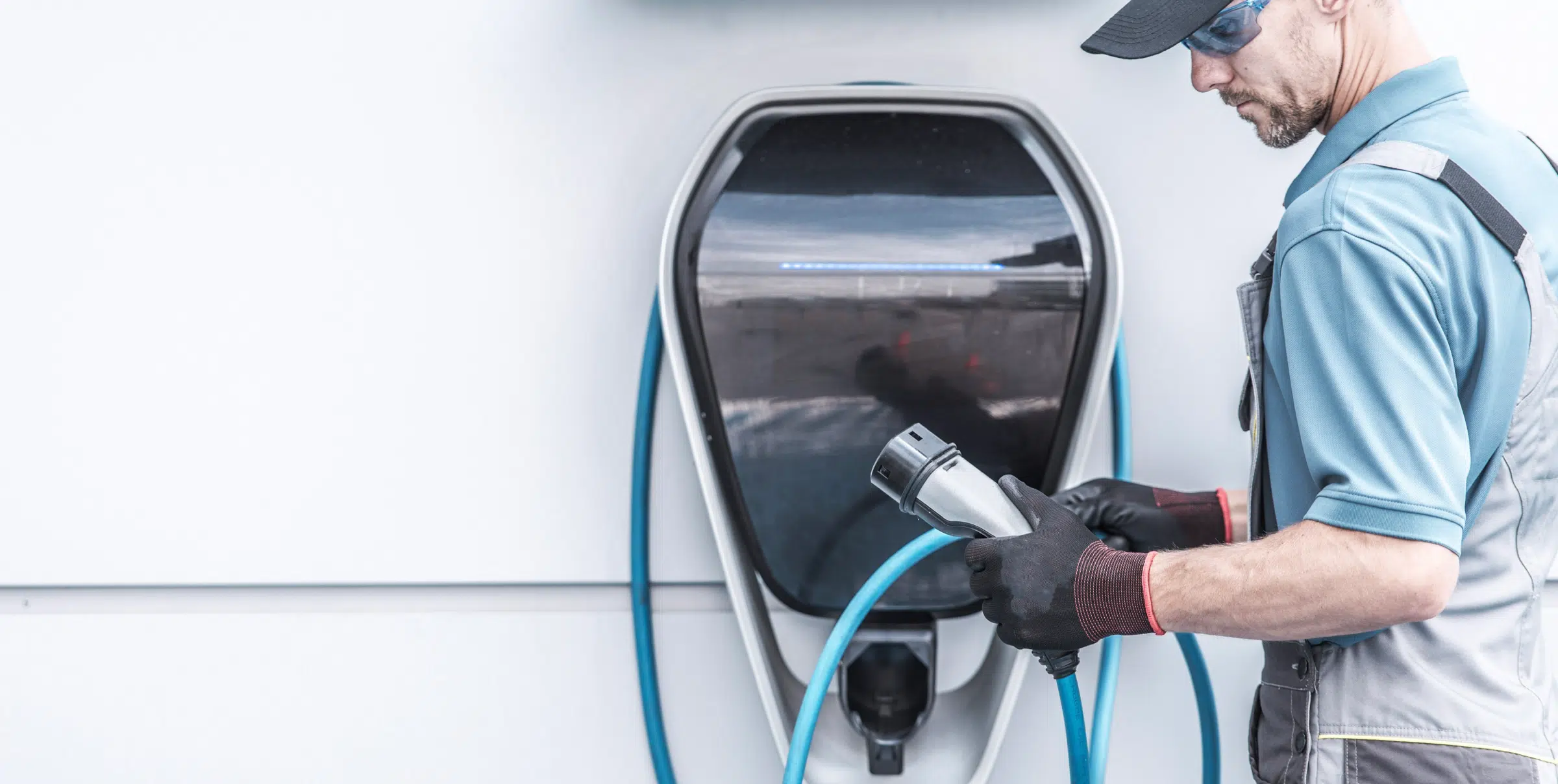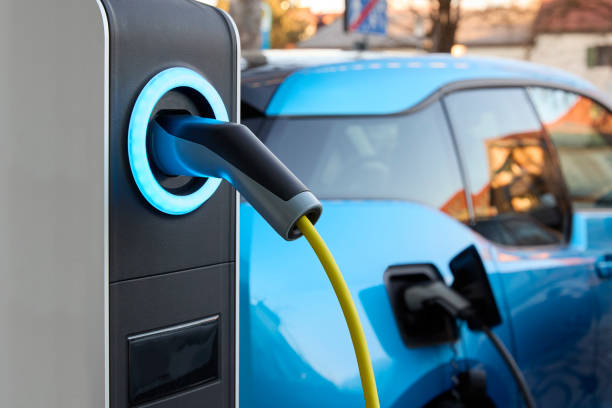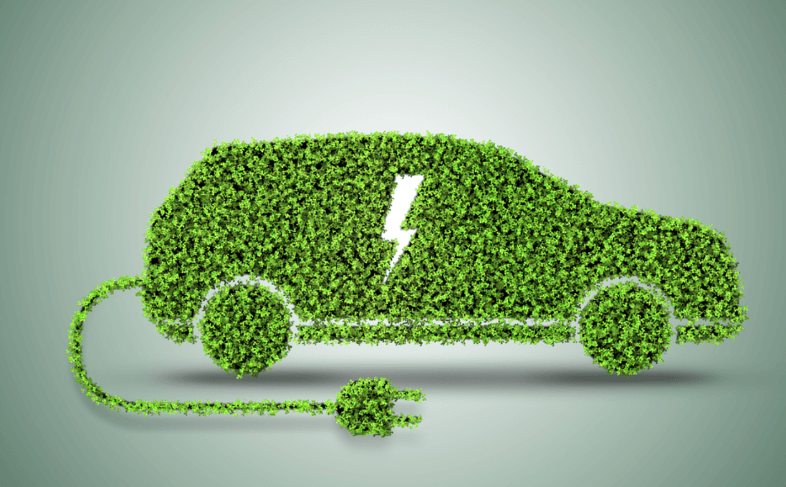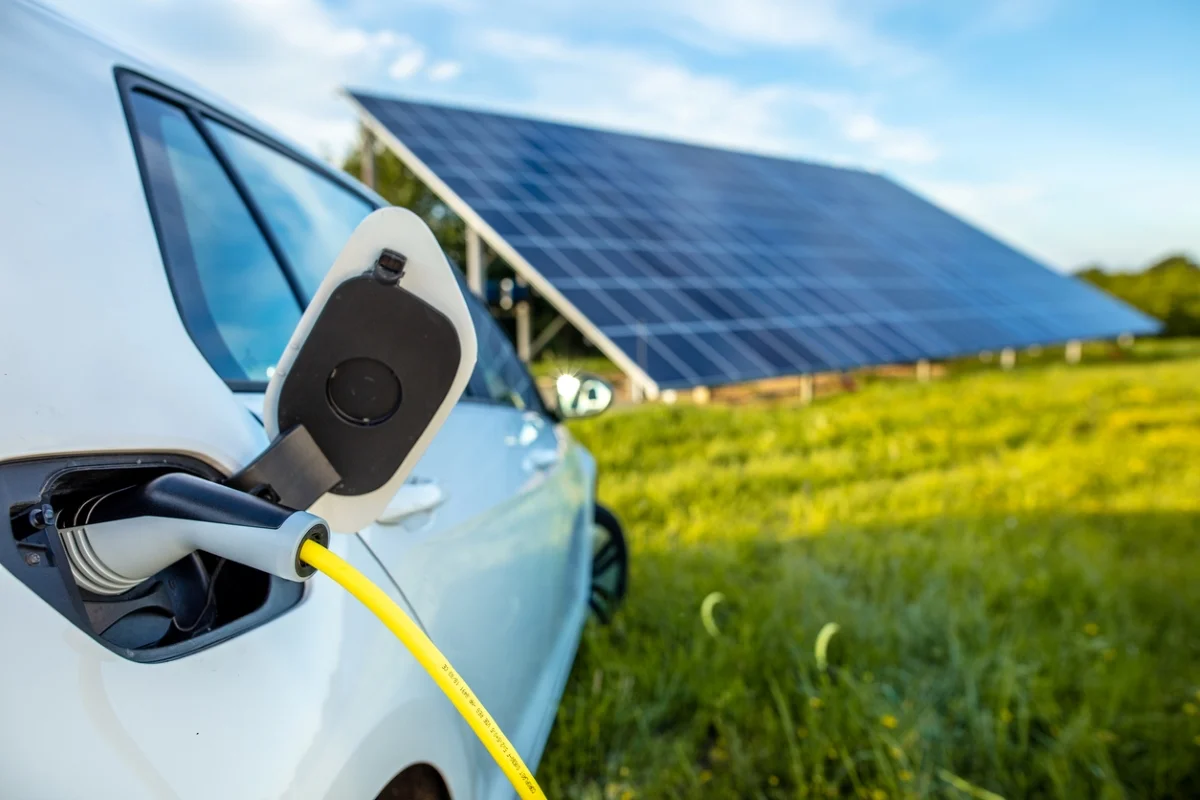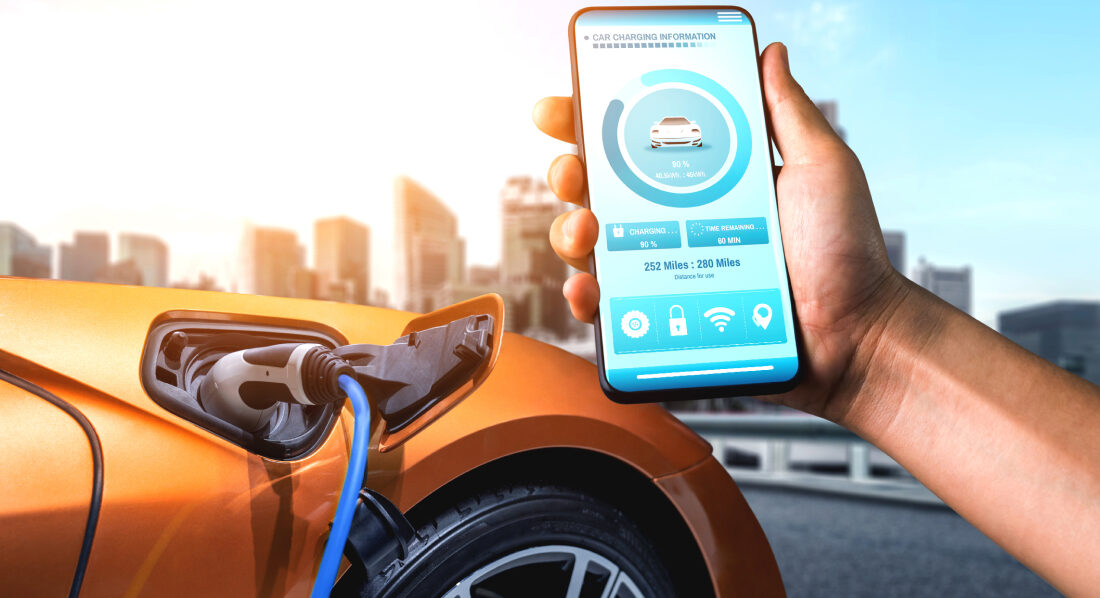- It costs around half as much to run an electric car as a petrol car, on average
- Some of the most popular electric cars have lower than average premiums
- Installing a home charger could save you thousands of pounds
An electric car represents the future of transportation, providing a climate-friendly alternative. However, being well-informed about the associated costs, including the installation expense for an electric charger, is crucial before making such an investment.
Understanding the cost of charging the vehicle is also essential. Fortunately, we have you covered in this aspect. If you’re eager to initiate savings right away, simply complete this form to explore the potential cost of a charging station for you.

What's on this page?
Cost of running an electric car vs a petrol car
According to our calculations, the average expense of operating a 100% electric car stands at 9p per mile, with some recent models offering even more economical rates. In comparison, driving an average petrol car incurs a cost of 16p per mile.
This indicates that petrol vehicles are approximately twice as costly to operate compared to electric cars, despite the prevailing high electricity prices. While the extent of this difference may vary depending on the specific model, it is evident that electric cars emerge as the more economical choice.
The affordability of running an electric car is fostering a growing trend of individuals opting to purchase one.
For more information on how much cheaper electric cars are in the long run, check out our Electric Vehicle Statistics page.
Cost of charging an electric car at home
Opting for home charging will consistently be your most convenient choice. Similar to how you charge your phone before embarking on a day of conquering the world, you can energize your car and set off wherever and whenever you desire.
Charger
Acquiring and setting up a home charger typically involves an expenditure of approximately £1,000, although there are options for more budget-friendly top chargers.
You can see all the best models for you in our article on the best electric vehicle home chargers.
Electricity
The distances you can drive vary wildly between different models, but 220 miles is the average for electric vehicle ranges.
At a rate of 9p per mile, this translates to a cost of £18.84 for a full charge.
Considering the average annual mileage of 6,800 miles for the typical driver, approximately 19 miles per day, the expense for an electric car would amount to £582 – or potentially less with a more recent model.
Tariff
The average electricity cost stands at 27.35p per kWh (kilowatt-hour), although the specific expense for charging your car will vary based on the tariff you have.
To ensure you are not paying more than necessary, examine your electricity bill or reach out to your energy provider. When seeking a public charger, aim for the lowest tariff possible to achieve substantial long-term savings.
If you find that your current costs are excessive, the Energy Switch Guarantee offers a relatively stress-free process for changing suppliers.
Cost of charging an electric car at public stations
Some public charging stations were initially free to encourage electric vehicle adoption, but as the popularity of electric cars grows in the UK, these complimentary options are diminishing.
When public charging stations incur fees, they often prove more expensive than alternative options. The current standard price for public charging stands at 48.3p per kWh, and in many locations, additional subscription fees or one-off charges apply.
For instance, BP Pulse requires an annual fee from users, in addition to a charging cost ranging from 59p to 79p per kWh for utilizing their faster chargers.
On average, the annual expense for public charging amounts to £1,029, significantly higher than the £582 cost for charging at home.
You can also use supermarket charging points – the full, updated list is in our guide, How Much Does It Cost to Charge an Electric Car at Tesco and Other Supermarkets?
Are electric cars cheaper to insure?
On average, insuring electric cars is still slightly costlier, but this varies depending on your model, and insurance expenses are decreasing annually.
For instance, three out of the top five most popular electric cars have average premiums lower than the nationwide annual average of £755, according to a Compare the Market study.
The Nissan Leaf, Smart Forfour Passion, and Renault Twizy Colour all boast insurance costs lower than the average, signaling a noteworthy shift in the electric vehicle insurance landscape.
Initially, electric cars faced higher insurance premiums as insurers lacked sufficient historical data for risk assessments. Taking a cautious approach, they increased premiums or declined policies for electric vehicles. However, this trend is evolving with the growing prevalence of electric cars, leading to reduced insurance costs.
It has become evident that battery packs are simpler to repair and less susceptible to damage in collisions compared to petrol engines. Moreover, electric cars are less frequently targeted for theft.
Multiple studies have demonstrated this fact, including one report from the Highway Loss Data Institute, published by CNBC, that found Tesla vehicles are about 90% less likely to be stolen than the average car.
They’re also more likely to be recovered, because charging them takes expertise and forward-planning. A car thief can’t just take your electric car to any old petrol station.
Speaking to What Car? magazine, a GoCompare spokesperson said that “green cars are becoming increasingly mainstream, meaning that more and more insurers are looking at providing policies.
“As the number of insurers goes up, the cost is likely to fall. With electric car insurance, it’s more important than ever that you don’t simply auto-renew at the end of a year.”
How to access electric vehicle chargers
Several companies operate the charging stations across the UK. In case you opt not to install a home charger, these companies provide different subscription plans. However, it’s important to note that you may end up paying considerably more with these subscriptions compared to the cost of installing a chargepoint at home.
Gridserve
Gridserve, formerly known as Ecotricity, manages approximately 300 charging stations throughout the UK.
Charging your car at their stations comes at a minimum cost of 39p per kWh, making their services consistently pricier compared to the average home electricity rates.
BP Pulse
Source London
This network is part of a diminishing set of regional networks in the UK. Opting for a regional plan makes more sense if you rarely venture beyond London, offering more cost-effective rates. With a monthly subscription of £4, you gain access to approximately 1,000 charging points throughout the capital, either at 39p per kWh within your borough or 47p per kWh outside it. On average, this totals £875 annually, representing a 46% increase compared to charging at home. Other regional networks like Source East, Charge Your Car, and D2N2 (covering Derbyshire and Nottinghamshire) have been incorporated into BP’s Chargemaster brand.
Summary
An electric car costs considerably less to charge and run than a petrol car, especially if you install a home charging station, or if your workplace offers free chargers.
Alternatively, relying on costly public charging stations could diminish the financial advantages of switching to electric. Embracing eco-friendly practices not only benefits the environment but also proves economically prudent. Investing in a home charger has the potential to yield substantial savings over the lifespan of your electric vehicle. If you’re intrigued, complete this form to explore the potential costs.
Get FREE EV Charger Quotes
Find out how much an EV Charger would cost you
Complete A Short Form – Receive Free Quotes – Compare & Save
Get FREE EV Charger Quotes
Find out how much an EV Charger would cost you
Complete A Short Form – Receive Free Quotes – Compare & Save



